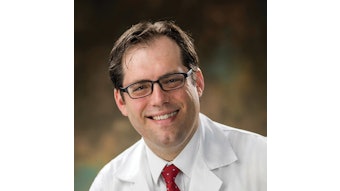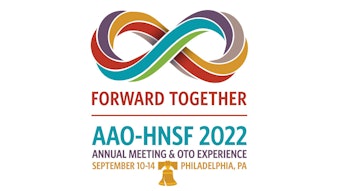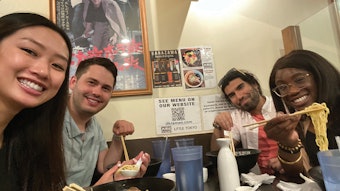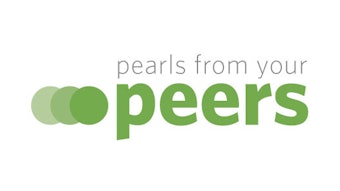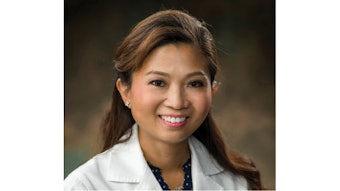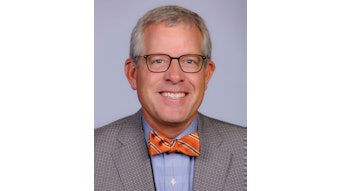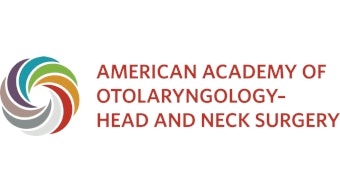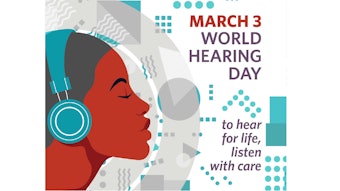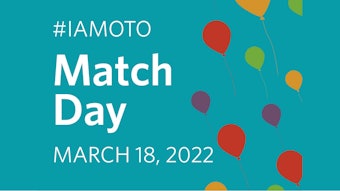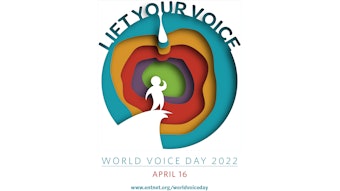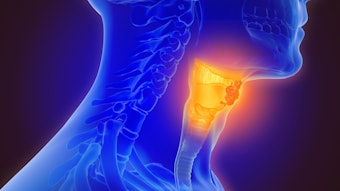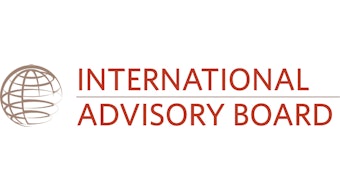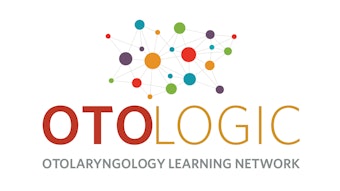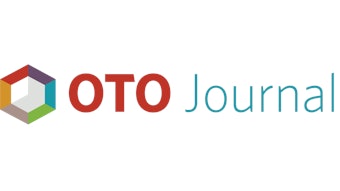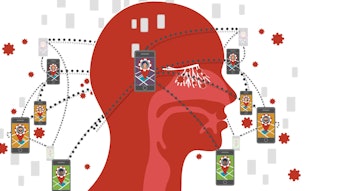Working Together to Improve Hearing
These three initiatives have great potential to markedly change access to care for those with hearing loss and improve their opportunities in life.
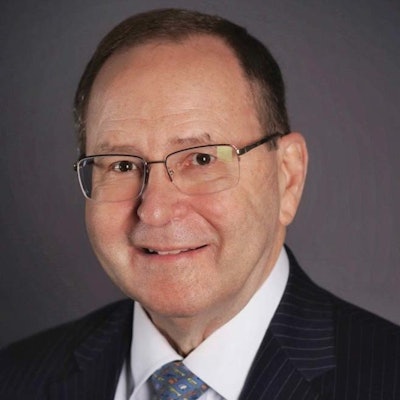 James C. Denneny III, MD
James C. Denneny III, MD
AAO-HNS/F EVP/CEO
The workshop addressed future research direction, updating FDA indications to more closely mirror real-world clinical care, discussing the applicability of clinical registries or networks of registries for pre-market and post-market longitudinal tracking of real-world evidence relating to cochlear implant usage and outcomes, identifying and creating a minimum core data set for collection, and aligning the research and clinical study needs required for FDA approval with those used by insurance carriers when determining coverage for cochlear implantation. A common goal of getting the newest technology to patients in a timely fashion was expressed by all stakeholders.
We can’t underestimate the significance of the FDA calling together the cochlear implant community to identify opportunities to improve technology and measure outcomes through longitudinal observation and collection of real-world data through registries that would in turn increase timely access to the appropriate level of hearing rehabilitation to maximize hearing results for all levels of hearing loss. This comes at a time when FDA regulations are being finalized for over-the-counter hearing aids that will be available in the next several months to those with mild- to moderate hearing loss. Additionally, there is pending legislation that would expand Medicare coverage to include hearing aids and hearing services that have not previously been covered. Taken as a whole, these three initiatives have great potential to markedly change access to care for those with hearing loss and improve their opportunities in life.
The workshop also highlighted the hurdles we encounter in collecting the data necessary to define desirable outcomes and the design strategies to reach those outcomes. Despite the billions of dollars spent on electronic health records for both in-office and outpatient care, as well as hospital and healthcare system records systems, there continues to be a major problem with interoperability and the ability to incorporate unstructured data and ancillary reports, such as audiograms, imaging and path reports, and detailed operative reports. This situation is compounded by the large number of EMRs used in otolaryngologists’ offices and the multiple hospital systems where they also practice. The integration of data even within a single practice can be troublesome, but progress continues to be made and conferences like this will help ensure future progress.
One of the most impactful topics discussed at this workshop involved the harmonization of the pre-and post-market submissions to the FDA for new device approval and longitudinal follow-up with the clinical information required by payers for coverage. Large data sets should shorten the time it takes to accumulate information supporting both. This hopefully will shorten the time it takes to bring new technology to the marketplace and provide insurance coverage so patients can access these new tools that can improve patient care instead of being limited by the current “experimental” and “investigational” tags.
Congratulations to Carol R. Bradford, MD, MS, and the Nominating Committee for the outstanding job they did this year in identifying and selecting the slate of candidates that is presented in this Bulletin on page 6. We are bringing back the Candidates Forum to the virtual AAO-HNS/F Leadership Forum & BOG Spring Meeting on April 9. You will get the chance to hear each candidate for President-elect speak and answer questions along with an outstanding program crafted by the Board of Governors. This year, we will also include video presentations by candidates for all offices along with their responses to submitted questions that will appear in the April Bulletin. The videos from all candidates along with their personal statements and CVs will also be available on the ballot for review during voting. Please take the time to select your future leaders, they will all have important jobs as they guide our future.
If you are looking for a fun place to go for a summer trip with your family, consider coming to the Pan American Congress June 25-27 in Orlando, Florida, which will feature an exceptional program augmented with lively entertainment.

